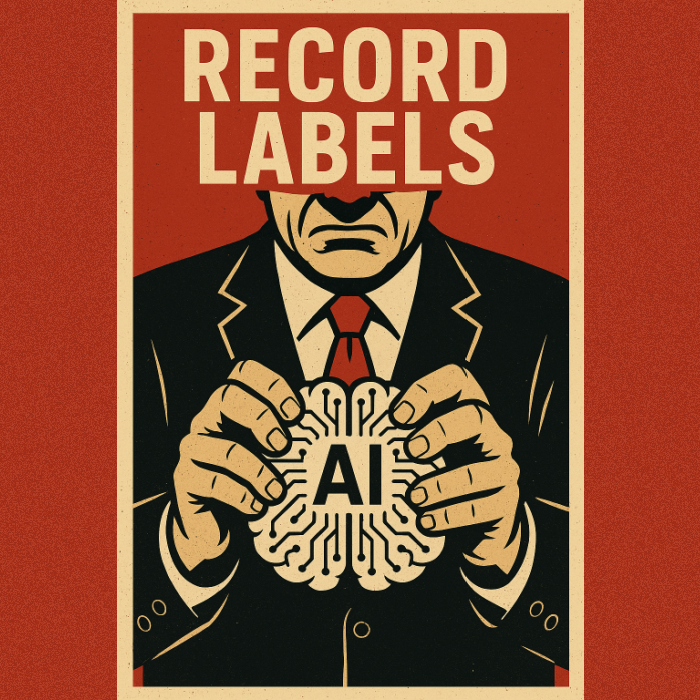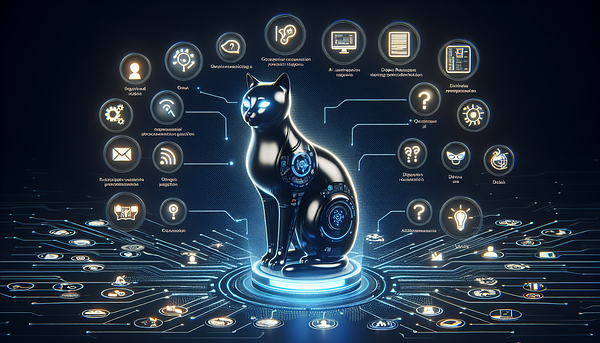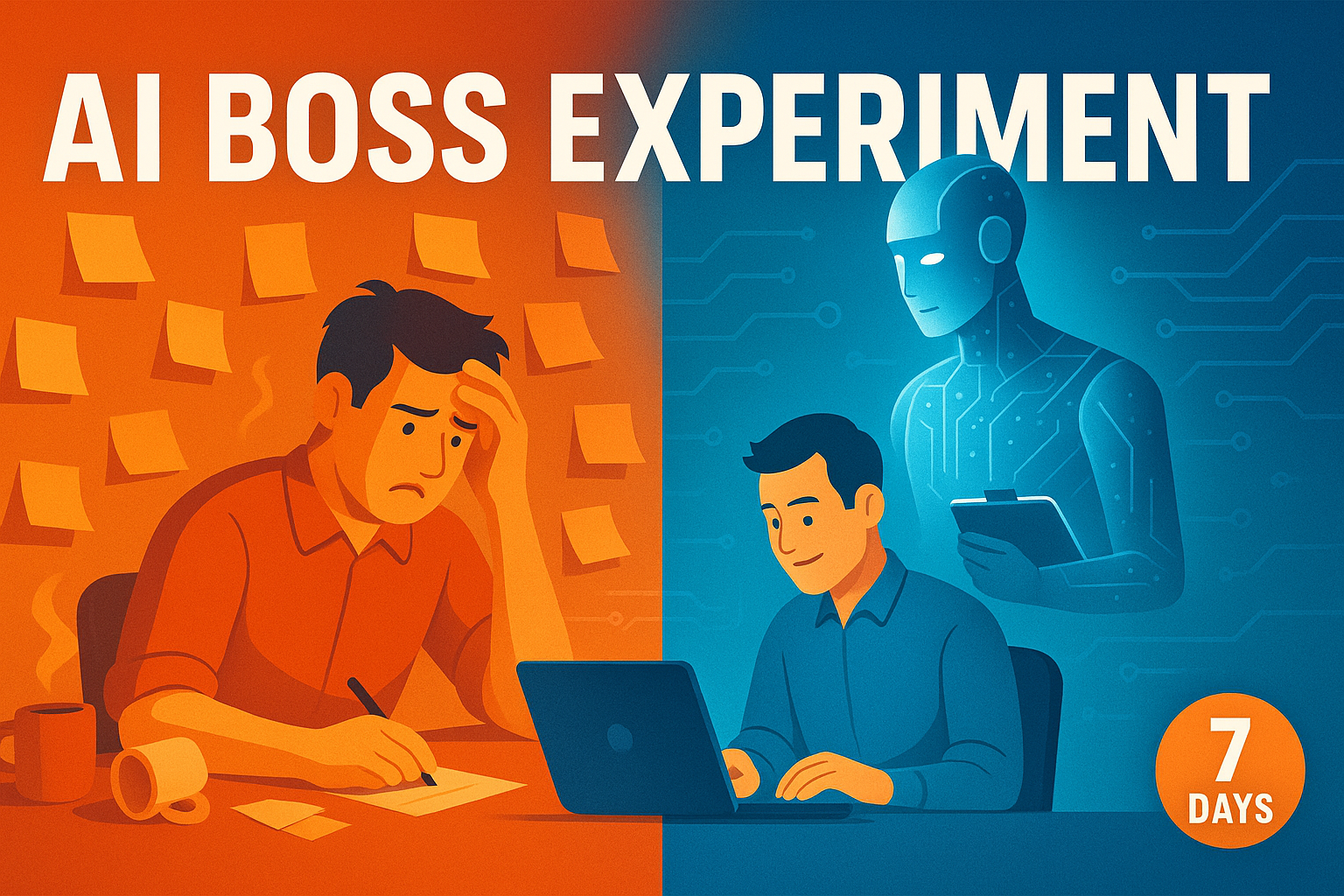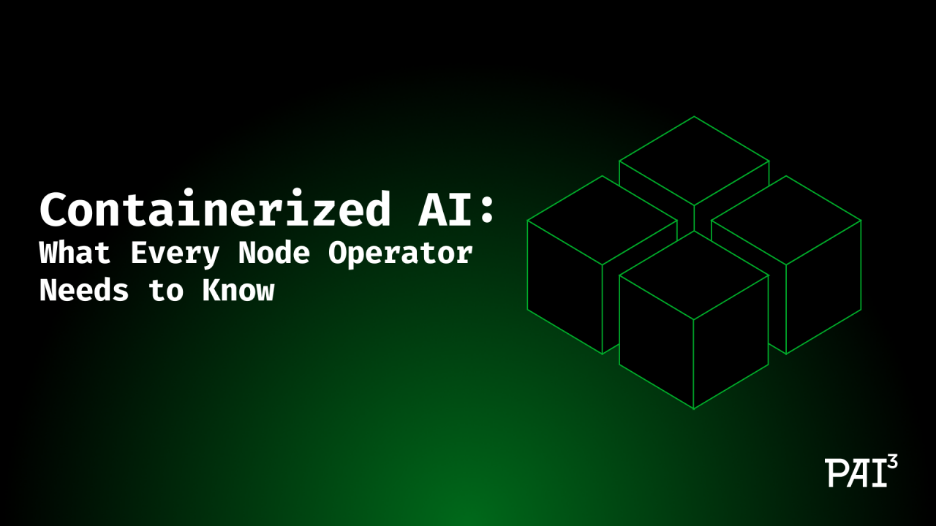
From Autocompletion to Agentic Reasoning: The Evolution of AI Code Assistants
Discover how AI code assistants have progressed from simple autocompletion tools to highly sophisticated systems capable of agentic reasoning. This article explores the innovations driving this transformation and what it means for developers and technical teams alike.
Dev Orbit
August 2, 2025
Introduction
In the fast-paced world of software development, the demand for efficiency and effectiveness has become paramount. Developers often face challenges related to productivity, code quality, and maintaining focus amidst the complexity of large codebases. As a significant advancement in AI technology, GPT-5 has emerged as a transformative tool, promising to elevate coding practices to new heights. This article will examine the evolution of AI code assistants, delving into their journey from basic autocompletion to the cutting-edge capabilities that allow for agentic reasoning. Get ready to uncover the future of coding assistance that could profoundly impact your development workflow!
Understanding the Origins of AI Code Assistants
AI code assistants have their roots in basic programming aids designed to enhance developer productivity. Initially, tools focused primarily on text autocompletion, significantly reducing the time necessary for coding tasks. Let’s explore how these early tools laid the groundwork for more advanced capabilities:
Text Autocompletion: Early IDEs (Integrated Development Environments) introduced features that anticipated the next few characters a developer might type based on previously written code or commonly used functions. While beneficial, these systems were limited to straightforward, pattern-based predictions.
Static Code Analysis: Tools like linters emerged to analyze code for errors and stylistic mistakes without executing it. These tools improved code quality but still lacked deep contextual understanding.
Basic Suggestions: Integrating more sophisticated algorithms, some tools began offering suggestions based on the patterns and libraries common in the coding realm. However, they lacked the capacity to understand the complex programming logic or context, which often led to erroneous or irrelevant suggestions.
These early code assistants set the stage for a more intelligent approach to coding assistance, where AI could truly understand and respond to developer needs.
The Rise of Machine Learning: Paving the Way for Intelligent Assistance
As machine learning techniques advanced, a significant shift began to occur in the development of AI code assistants. With the emergence of natural language processing (NLP) models like the GPT series, the landscape of coding assistance was about to change dramatically:
Natural Language Processing: The breakthrough of NLP enabled AI models to interpret and generate text that resembles human language. This evolving capability meant that AI could not only assist with codified statements but also understand the intent of developers—an immense leap from merely predicting the next line of code to engaging in dialogue.
Contextual Awareness: The latest iterations of code assistants leverage extensive pre-training on numerous codebases, allowing a deeper understanding of specific programming languages and libraries. Consequently, GPT-5 provides context-aware suggestions, adapting to the developer's unique coding style and project requirements.
Learning from Feedback: Unlike first-generation tools, modern AI code assistants can learn from user interactions and refine their suggestions over time. They analyze which outputs lead to successful implementations and, thereby, improve their efficacy continually.
These advancements have led to more intelligent tools that can assist developers subtly yet significantly, enhancing the way code is crafted and reducing potential errors.
From Autocompletion to Intelligent Agents: The Birth of Agentic Reasoning
With the technical evolution of AI code assistants, we entered the realm of agentic reasoning, where the AI can make informed decisions rather than simply providing suggestions. This leap forward represents a paradigm shift in how software is developed:
Decision-Making Capabilities: Advanced AI code assistants are beginning to assess multiple coding approaches and propose optimal paths based on contextual goals. For example, instead of just ending a function, it could recommend the implementation of best practices for scalability and future-proofing the code.
Understanding Complex Problems: Agentic reasoning equips AI systems with a deeper contextual understanding. When facing complicated development challenges, AI can break down problems, suggest potential solutions, and even draft snippets of code that effectively execute the desired functionality.
Collaborative Coding: These intelligent agents operate more like coding partners. For example, a developer might inquire about integrating a new API, and the AI would analyze the existing code and provide appropriate configurations and testing frameworks.
The implications for developers are profound—more time to focus on critical architectural decisions rather than mundane tasks, thus significantly enhancing productivity.
Real-World Implications of AI Code Assistants
The widespread adoption of AI code assistants in various industries has revealed numerous benefits, yet certain challenges remain. Understanding both aspects is crucial for developers and organizations seeking to integrate these tools:
Increased Efficiency: AI assistants streamline workflows by automating repetitive tasks and minimizing boilerplate coding. For instance, numerous software companies have reported a marked decrease in bug-related issues and faster release cycles due to increased accuracy and speed with AI assistance.
Skilled Workforce Development: By freeing up developers from routine coding tasks, organizations can empower their teams to focus on learning and strategic problem-solving. Developers can engage with more complex aspects of coding and system design, leading to increased innovation within teams.
Ethical Considerations: Despite their advantages, the integration of AI code assistants raises ethical concerns. Issues of software ownership, dependence on technology, and the risk of perpetuating biases embedded in training datasets necessitate a transparent framework for responsible use.
As the technology continues to evolve, ongoing discussions surrounding these implications will be necessary for the responsible integration of AI in the coding process.
Bonus/Advanced Tips for Using AI Code Assistants Effectively
To maximize the efficiency of AI code assistants like GPT-5 and mitigate the challenges associated with their use, developers should consider the following tips:
Provide Contextual Information: When interacting with AI code assistants, developers should be explicit about the context of their queries. Defining variables, intended outcomes, and specific libraries aids in generating more accurate assistance.
Utilize Feedback Loops: Engage with the AI system. Provide feedback on suggestions, and refine training data through ongoing interactions. This iterative process helps improve the performance and relevance of the output over time.
Balance AI and Human Insight: While AI tools excel in idea generation, combining AI suggestions with human insight is crucial. Developers should evaluate, modify, and test AI-generated code to ensure it meets project standards and objectives.
Stay Updated: As AI technology continuously evolves, staying abreast of updates and best practices will empower developers to leverage these tools optimally. Reviewing current research, attending workshops, and subscribing to relevant AI newsletters can provide invaluable insights.
Establish Ethical Usage Guidelines: Organizations should develop ethical guidelines for AI integration. This includes transparency about AI’s involvement in coding processes and the cautious management of AI-generated content to prevent bias and maintain software integrity.
These insights can help developers maximize the capabilities of AI code assistants while minimizing potential drawbacks.
Conclusion
The evolution of AI code assistants from basic autocompletion tools to intelligent systems capable of agentic reasoning has marked a pivotal moment in software development. As these technologies continue to advance, developers can look forward to increased efficiency, productivity, and innovation in their coding practices. Embracing these transformations prepares organizations and developers alike to tackle complex coding challenges effectively. We encourage you to share your thoughts and experiences with AI code assistants in the comments below. Let’s ignite the discussion around this paradigm shift in coding!

Enjoyed this article?
Subscribe to our newsletter and never miss out on new articles and updates.
More from Dev Orbit

The Labels First Sued AI. Now They Want to Own It.
In the rapidly evolving landscape of artificial intelligence, a fascinating shift is underway. Music labels, once adversaries of AI applications in the music industry, are now vying for ownership and control over the very technologies they once fought against. This article delves into the complexity of this pivot, examining the implications of labels seeking to own AI and how this transition could redefine the music landscape. If you’re keen on understanding the future of music technology and the battle for ownership in an AI-driven age, read on.

Mistral AI Enhances Le Chat with Voice Recognition and Powerful Deep Research Capabilities
In an era where communication and information retrieval are pivotal to our digital interactions, Mistral AI has raised the bar with its latest upgrades to Le Chat. By integrating sophisticated voice recognition and advanced deep research capabilities, users will experience unparalleled ease of use, as well as the ability to access in-depth information effortlessly. This article delves into how these innovations can transform user experiences and the broader implications for developers and AI engineers.

10 Powerful Tips for Efficient Database Management: SQL and NoSQL Integration in Node.js
Streamline your Node.js backend by mastering the integration of SQL and NoSQL databases—these 10 practical tips will help you write cleaner, faster and more scalable data operations.

I Replaced My To-Do List With an AI Boss — Here’s the Ruthless Truth About My Productivity
In an age where time is a precious commodity, productivity hacks abound but often lead to more confusion than clarity. What if you could replace your cumbersome to-do list with an AI assistant that not only organizes your tasks but also learns from your habits? Enter GPT-5 — an AI that transforms how we approach our daily workloads. In this article, I’ll share my journey of swapping a traditional to-do list for an AI-driven system, detailing the profound impact on my productivity.

Handling File Uploads Using Multer In Node Js Express
Web developers must understand how to handle file uploads in the fast-changing world of web development. Multer in Node.js is a robust solution for this task. This article explores Multer features, installation process, advanced functionalities and best practices for seamless integration with Express.

Avoid These Common Node.js Backend Development Mistakes
Introduce the significance of Node.js in backend development and how its popularity has led to an array of common mistakes that developers might overlook.
Releted Blogs

NestJS vs Express: Choosing the Right Backend Framework for Your Next Project
Are you torn between NestJS and Express for your next Node.js project? You're not alone. Both are powerful backend frameworks—but they serve very different purposes. This deep-dive comparison will help you decide which one fits your project's size, complexity and goals. Whether you're building a startup MVP or scaling a microservice architecture, we’ve covered every angle—performance, learning curve, architecture, scalability, testing and more.

Containerized AI: What Every Node Operator Needs to Know
In the rapidly evolving landscape of artificial intelligence, containerization has emerged as a crucial methodology for deploying AI models efficiently. For node operators, understanding the interplay between containers and AI systems can unlock substantial benefits in scalability and resource management. In this guide, we'll delve into what every node operator needs to be aware of when integrating containerized AI into their operations, from foundational concepts to practical considerations.

Data Validation in Machine Learning Pipelines: Catching Bad Data Before It Breaks Your Model
In the rapidly evolving landscape of machine learning, ensuring data quality is paramount. Data validation acts as a safeguard, helping data scientists and engineers catch errors before they compromise model performance. This article delves into the importance of data validation, various techniques to implement it, and best practices for creating robust machine learning pipelines. We will explore real-world case studies, industry trends, and practical advice to enhance your understanding and implementation of data validation.

You’re Using ChatGPT Wrong: Try This Underground Prompting Method Instead
Unlock the full potential of ChatGPT with innovative prompting techniques that elevate your conversations and outputs. Learn how to interact with AI like a pro by diving deep into unique and effective methods that go beyond typical usage. This post unveils the underground prompting strategies that can lead to richer, more contextual AI interactions.

Mastering Git Hooks for Automated Code Quality Checks and CI/CD Efficiency
Automate code quality and streamline your CI/CD pipelines with Git hooks. This step-by-step tutorial shows full-stack developers, DevOps engineers, and team leads how to implement automated checks at the source — before bad code ever hits your repositories.

Improving API Performance Through Advanced Caching in a Microservices Architecture
Unlocking Faster API Responses and Lower Latency by Mastering Microservices Caching Strategies
Have a story to tell?
Join our community of writers and share your insights with the world.
Start Writing